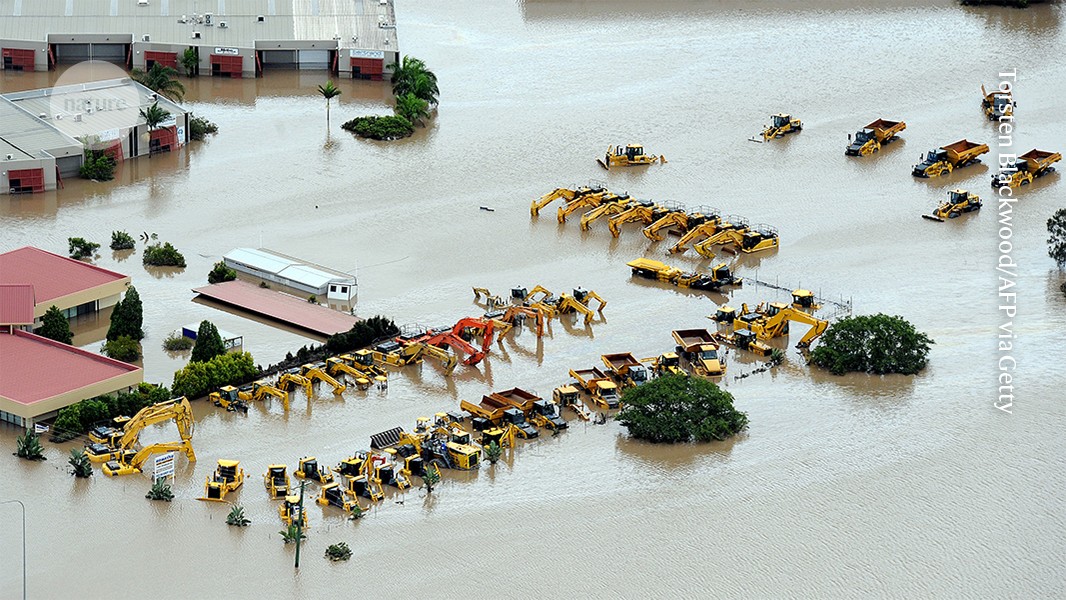
"To produce enough 'critical metals' such as copper, lithium and nickel to support the green-energy transition, the mining industry needs to boost operations two-to-fivefold worldwide by 2050. Geopolitical tensions, environmental damage and social conflicts will constrain this growth. But another threat needs much more attention: climate change. Extraction of the very metals needed to address global warming will be increasingly impeded by the extreme weather that accompanies climate change."
"Thousands of critical-mineral mines are in sensitive environments, including deserts in Africa, highlands in the Andes and coastlines across the Asia-Pacific. Mining areas are already regularly exposed to hazards. In 2023 alone, wildfires forced Canadian mines to suspend operations, extreme rainfall flooded pits and cut off access roads in Australia, and ongoing drought in Chile threatened regional water supplies, mining operations and local communities."
"The costs of such damage are growing as the planet warms. For example, over the past decade, excessive rainfall has led to losses of around Aus$3 billion (US$2 billion) for Australian copper mines (see Supplementary information). Under 'business as usual' production, without undertaking climate adaptation measures, the industry stands to lose Aus$7.5 billion as a result of heavy precipitation alone between now and 2050, equating to 50,000 tonnes of copper that could be used for energy-transition technologies."
Meeting demand for copper, lithium and nickel requires a two-to-fivefold expansion of mining by 2050, yet geopolitical tensions, environmental damage and social conflicts will constrain growth and climate change poses an escalating threat. Extreme weather increasingly impedes extraction at mines in deserts, highlands and coastlines. In 2023, wildfires halted Canadian operations, extreme rainfall flooded Australian pits and drought in Chile threatened water supplies and communities. Excessive rainfall caused about Aus$3 billion in losses for Australian copper mines over the past decade; without adaptation, heavy precipitation could cost Aus$7.5 billion and 50,000 tonnes of copper by 2050. Constrained supplies would slow the energy transition, strain communities and ecosystems, and deepen social divides. More investment and planning for climate adaptation in mining is needed.
Read at Nature
Unable to calculate read time
Collection
[
|
...
]